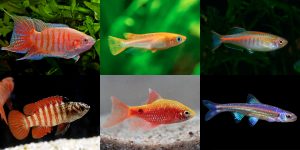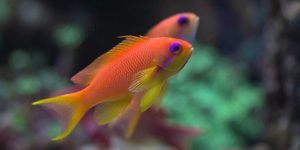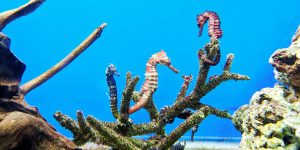Stickleback fish may be able to pass on socially acquired information about a predator to their offspring. In all organisms, life experience and environment—such as diet and exposure to pollution—can change the way genes are expressed. There is evidence that these epigenetic changes can be inherited by offspring.
Jennifer Hellmann at the University of Dayton in Ohio and her colleagues wanted to see if socially acquired information—learning that happens by way of observing someone else—could also be passed onto the next generation in a similar way.
For their experiment, the researchers chose three-spined sticklebacks (Gasterosteus aculeatus), a small fish common in the northern hemisphere. Previous studies have found that the fish can learn about predators by observing and detecting chemical cues from a fellow fish. When the fish encounter predators, they also seem to be able to pass on predator-fear responses to their offspring.
Continue reading: Sticklebacks may pass information learned from other fish to offspring via New Scientist
Photo credit: Jason Ching/University of Washington






